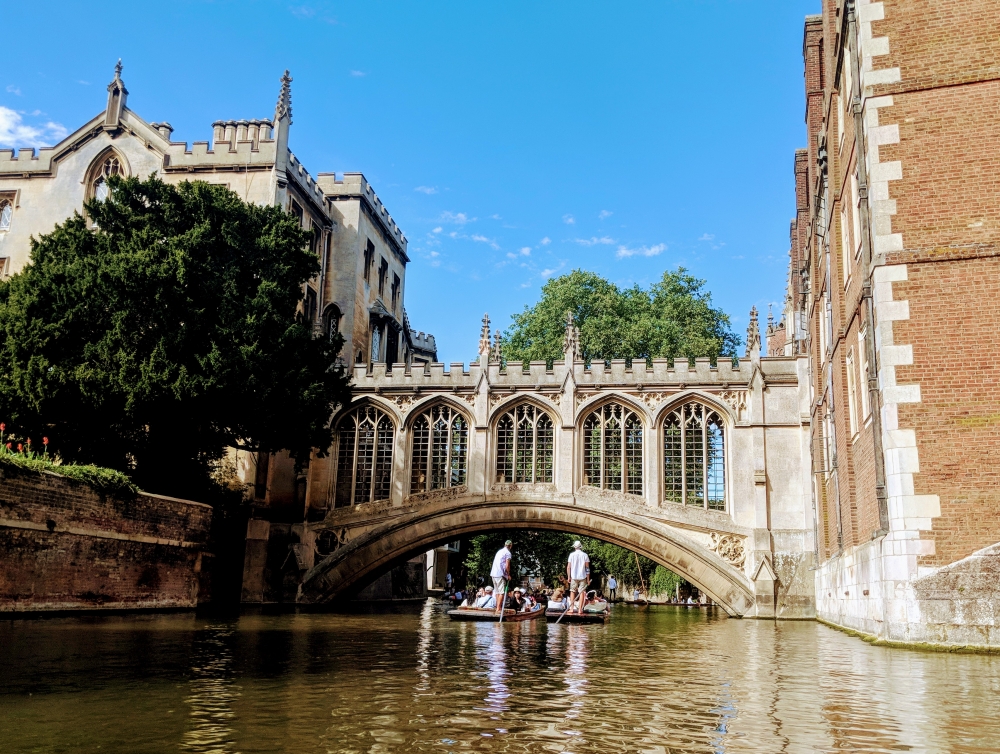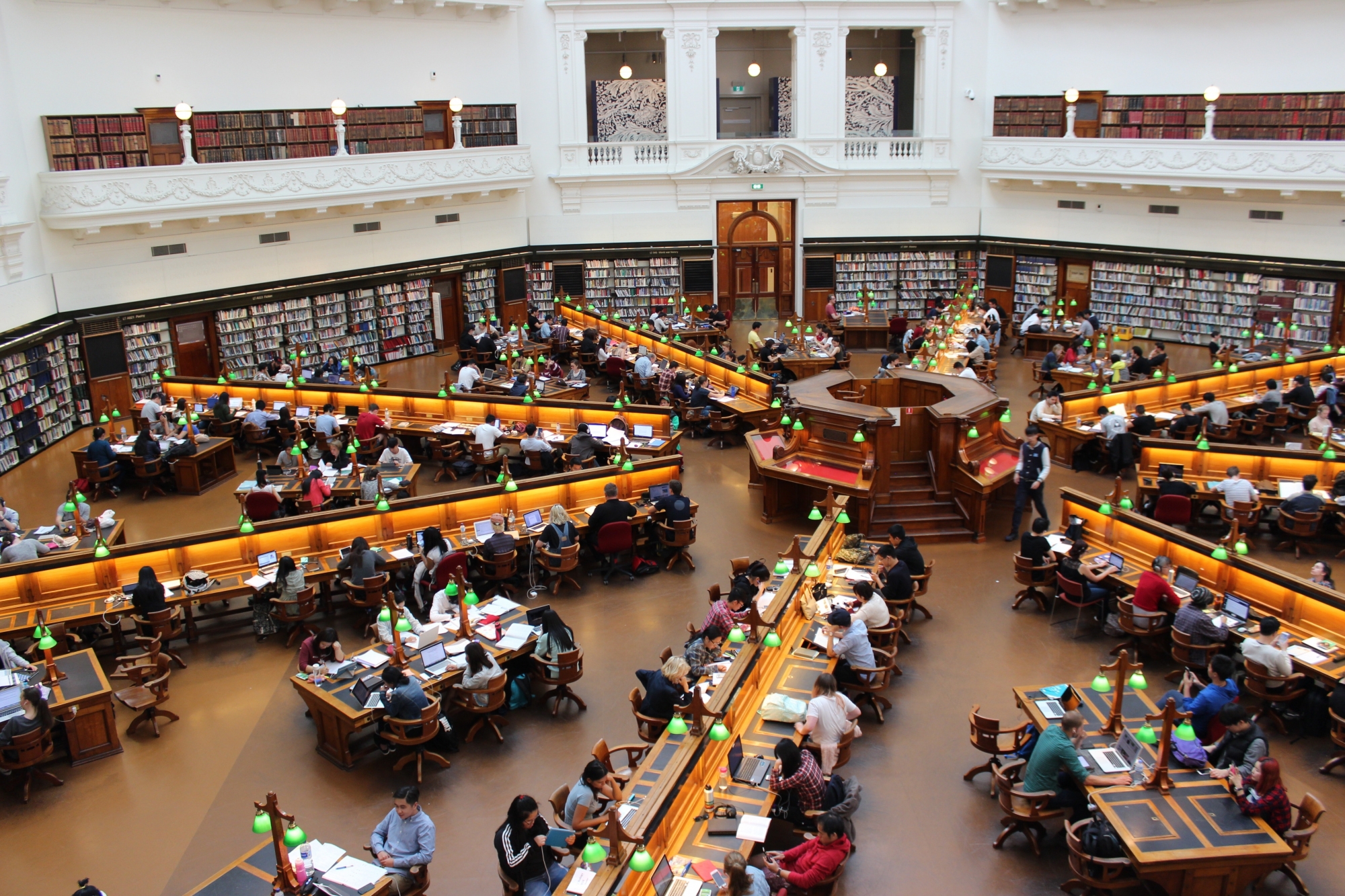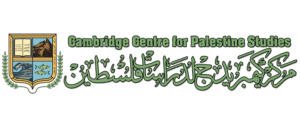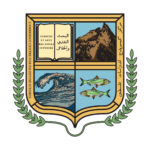Palestine and Cambridge
Although the University of Cambridge has existed in one form or another for over 800 years, this is the first time there has been an academic initiative specifically connected with research into Palestinian history, culture and society. Cambridge has a rich abundance of resources and expert knowledge in relevant academic fields, so that the prospect of a Cambridge Centre for Palestine Studies can draw on all sorts of existing interests and skills. It is a timely initiative which will attract research and discussion of the highest quality.

Palestine House, Cambridge
Context

Cambridgeshire is home to numerous institutes of higher education, most notably the University of Cambridge, founded in 1209, it is recognised as the world’s fourth oldest surviving university and one of the leading world-wide. In addition, Anglia-Ruskin University; The Open University; Cambridge Regional College and The Cambridge Theological Federation, to name but a few, contribute to making Cambridgeshire a key educational hub with over 60,000 students and 10,000 members of staff residing in the County. Combined with its science and two business parks, Cambridge is considered a leading world-class knowledge incubator and innovation generator.
Furthermore, Cambridgeshire offers comprehensive educational provision with twelve independent schools and over two hundred and forty state schools, numerous of which are considered to be the best in the world.
Cambridge is an influential and powerful international academic hub. It is referred to as an academic town: a “studium generale”, attracting visiting academics, researchers and intellectuals from across a spectrum of fields from every nation.
Our initiative, the CCPS, is an added value to this very privileged environment of scholarship advancement.

Scope
The Cambridge Centre for Palestinian Studies is an interdisciplinary and multidisciplinary centre for academic research and teaching.
As such it will offer a variety of long-term and short-term programmes of study, and will encourage and co-ordinate research into Palestinian history, society, culture, economics, politics, divinity and any other disciplines with a relevance to Palestine and its people.
It will design and offer courses that can be part of the University’s academic programmes, as well as collaborative projects involving other research facilities and universities in the UK, the Middle East and beyond.

Objectives
CCPS aims to be a dynamic exchange network:
The Centre’s programmes and activities are open to all globally but it has a specific mission in its conception and future vision:
- The purpose is to enrol international undergraduate/postgraduate
students in the formal teaching track and informal inductions through
diversified programmes, curricula, platforms and means of
communication in conjunction with other relevant bodies in Cambridge. - In particular to enrol bright Palestinian students to learn/be taught various
disciplines and conduct world-class research and to create a learning
exchange facility and environment that will transfer and disseminate knowledge and
expertise gained from the research conducted at and by CCPS in
conjunction with other academic bodies in Cambridge. - To operate as a ‘hub exchange’ and ‘hub powerhouse’ for past, current and future knowledge and research on Palestine and its people.

Academic Values
Academic Values
The intent of establishing CCPS is to further the values and traditions that are deeply revered in academic institutional culture and ethos.
The motto of CCPS :
Hinc lucem et pocula sacra (Latin).
The literal translation:
From here, light and sacred draughts.
The non- literal translation:
From this place, we gain enlightenment and precious knowledge.

Book
Represents scholarly study: ‘Critical & Creative Research’ is written in Latin and Arabic. The incorporation of two key languages in the book is emblematic. Arabic represents a predominant enduring indigenous mother tongue and Latin, the written language historically used for formal instruction, was once the universal academic language of Europe, and continues to pervade in academic circles today.

Sea
The representation of the sea has multiple dimensions. The ocean’s waves illustrate the expansiveness and depth of the sea (i.e. knowledge). It also represents the notion of “digging deep” like a researcher to acquire miscellaneous knowledge. The water is symbolic of Palestine’s geographical location, but it also represents the importance of water as a key element at the heart of political, social and environmental tension in the region, in addition to rich and symbolic historical themes and narratives.

Fish
The image represents the scholars and researchers that navigate through the sea, they are like the free-swimming beings that are flexible −forever seeking and searching. The fish thus symbolises the positive trait of ‘resourcefulness’.

Mountain
Research is represented as a challenge through the depiction of a mountain, i.e. research is a mountainous journey (a challenging upward climb). It is also symbolic of the mountainous terrain of the region.

Orange/Olive Branch
Intertwined purposefully. Represent the two prominent trees that are native to Palestine. They are also prominent symbols that articulate successful commercial national project (Jaffa oranges were exported from Palestine via the port in early 19th century). It reflects collective ‘memory – trauma’ and ‘steadfastness’ – ‘rootedness’ to the historic land of Palestine.

Philosophy
To create a learning exchange facility and environment that will transfer knowledge and expertise gained from the research conducted at and by CCPS, to inform undergraduate/postgraduate students, including all other interested parties, by teaching formally and informally through various means of communication and on diverse platforms.
To offer a valuable space for students and scholars in the field of Palestine
Studies.
To design courses, modules and resources, as part of various degree options across university departments and in collaboration with other universities in the UK and worldwide. It is envisaged that these options will be multi- and inter-disciplinary, and enhance inter-cultural dialogue.


